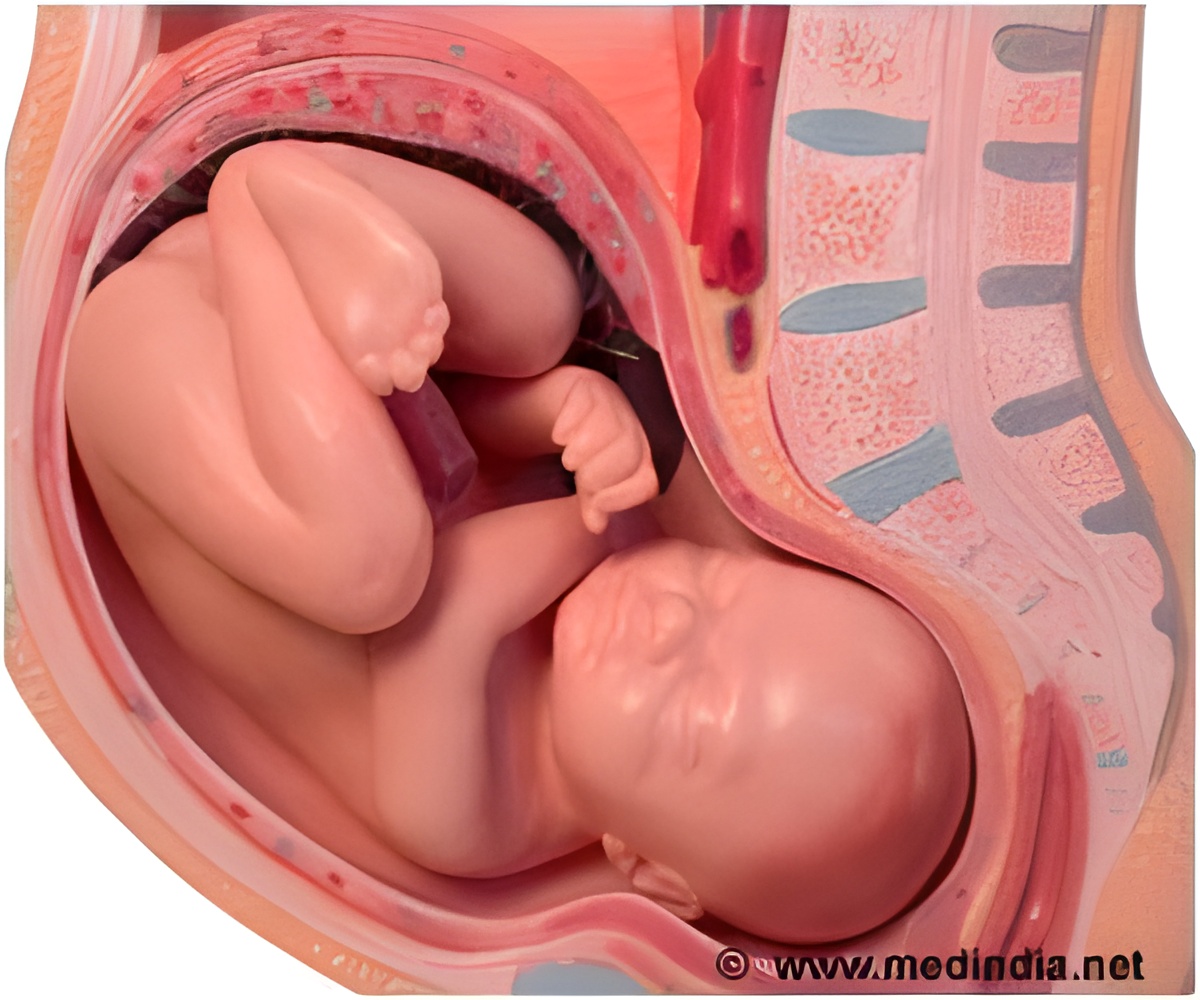US research published Wednesday suggests, an increasingly detailed map of the genome of a fetus could lead to easier screening for a host of rare disorders.

The result is a clearer look at subtle variations in the fetus's genome, "down to a minute, one-letter change in the DNA code," said the study.
"The improved resolution is like going from being able to see that two books are stuck together to being able to notice one word misspelled on a page," said researcher Jacob Kitzman, a National Science Foundation Graduate Research Fellow at University of Washington.
The advance could help scientists hone in on a group of 3,000 single-gene disorders, known as Mendelian disorders, which affect about one percent of newborns.
They include Huntington disease, Marfan syndrome, retinoblastoma, cystic fibrosis, and one form of Alzheimer's disease.
Current prenatal blood tests mainly scan for a few genetic disorders or specific congenital abnormalities, such as Down syndrome.
Advertisement
"This work opens up the possibility that we will be able to scan the whole genome of the fetus for more than 3,000 single-gene disorders through a single, non-invasive test," said Jay Shendure, associate professor of genome sciences at the University of Washington.
Advertisement
"Although the non-invasive prediction of a fetal genome is now technically feasible, its interpretation -- even for single-gene Mendelian disorders -- will remain an enormous challenge," Shendure said.
Source-AFP










